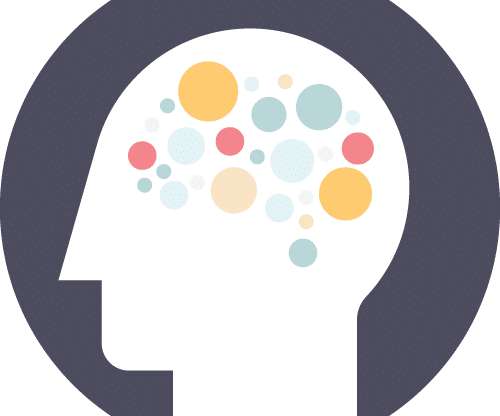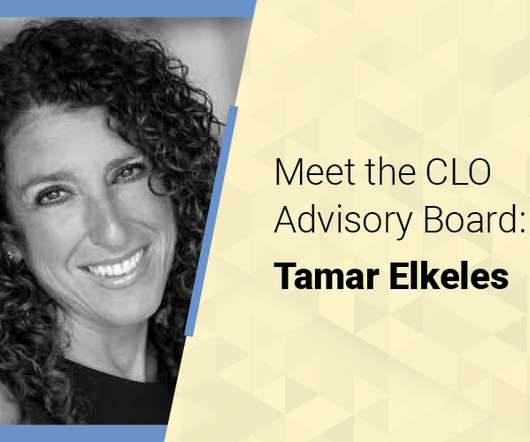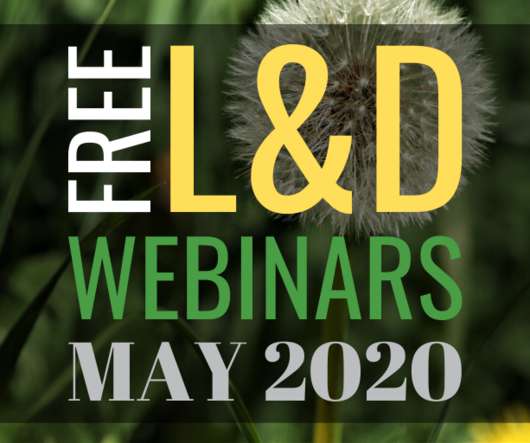Our mutual friends
Learning with e's
SEPTEMBER 11, 2014
This is number 28 in my series on learning theories. I''m gradually working through the alphabet of psychologists and theorists, providing a brief overview of each theory, and how it can be applied in education. My most recent post explored Jack Merizow''s Transformative Learning theory.










































Let's personalize your content